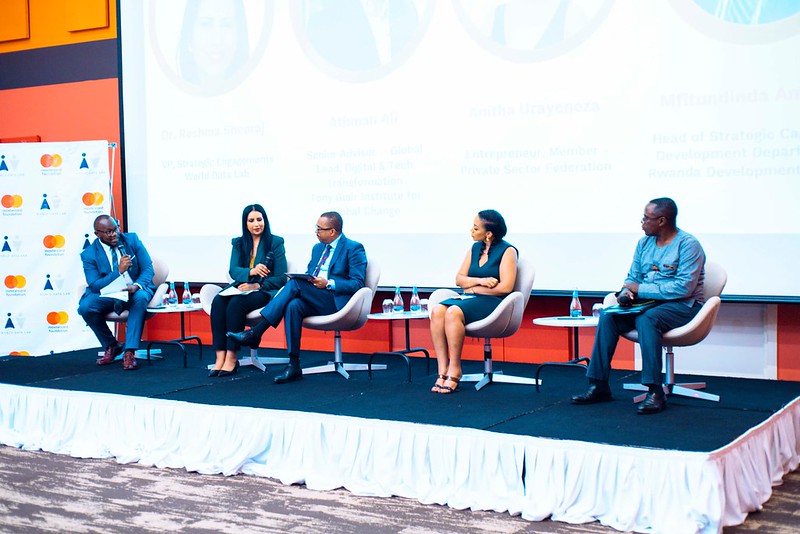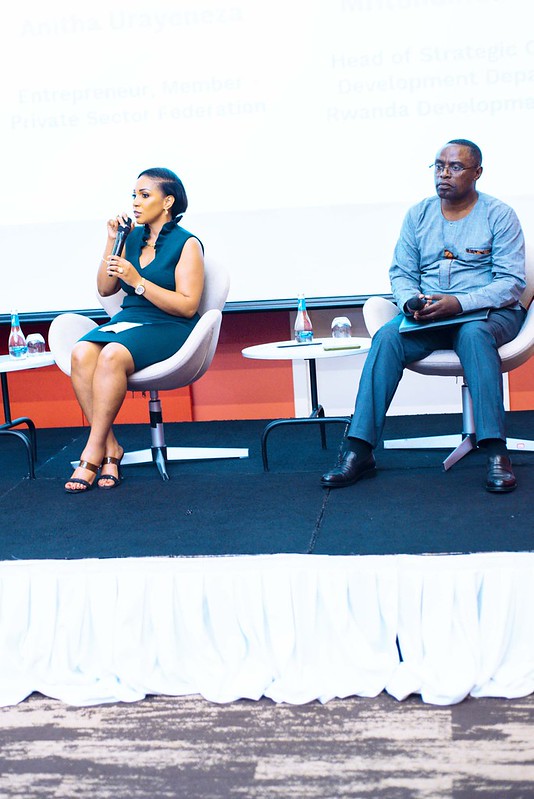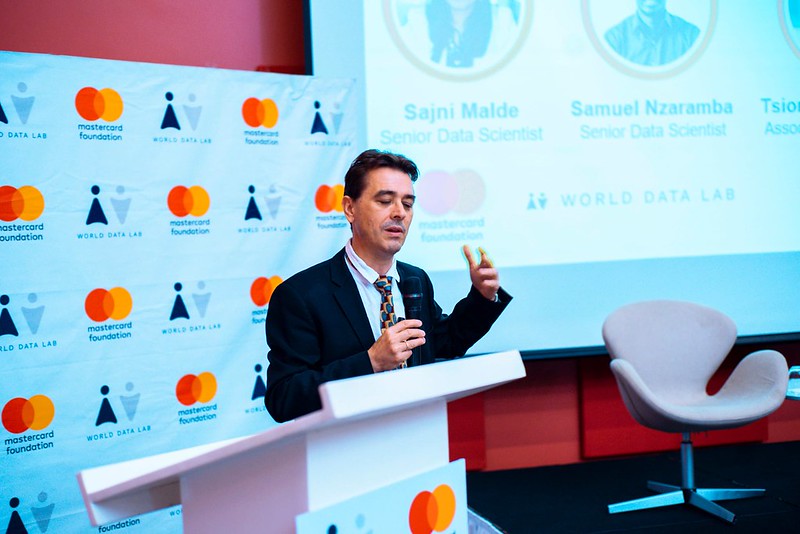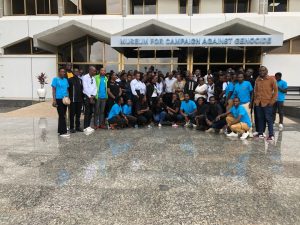Empowering Rwanda’s Youth: Insights from The Africa Youth Employment Clock
2 min read
In Rwanda, the youth labor market paints a complex picture, with a significant portion employed in agriculture, especially young women. Despite this, there is a growing population of NEETs (Not in Education, Employment, or Training), highlighting the need for diversified employment opportunities. The Africa Youth Employment Clock, a project by World Trade Data, sheds light on these dynamics, emphasizing the importance of data in driving impactful change.

URAYENEZA Anita, a young entrepreneur, is a shining example of this change. She champions the capacities and abilities of young women, believing in their potential beyond traditional roles. Anita has created job opportunities for women in the industrial sector, where she witnesses firsthand their determination to succeed and grow, breaking free from the confines of agricultural work.
Dr. Tade Akin Aina, the Chief Impact and Research Officer at Mastercard Foundation, underscores the significance of such research. He emphasizes that data should not be kept but used to drive transformation. For him, data is a transformative tool that can reshape the narrative of youth employment, especially in regions like Rwanda.

Wolfgang Fengler, the Chief Executive Officer of World Data Lab, delves into the challenges facing Africa’s job market. He highlights the need for young women to move closer to male-dominated sectors like transport, communication, and industries. This shift, according to Fengler, is crucial for creating a more balanced and inclusive job market.

The Africa Youth Employment Clock, through its research and insights, not only highlights the current state of Rwanda’s youth labor market but also offers a roadmap for empowering young women and tackling the issue of NEETs. It serves as a reminder that data, when leveraged effectively, can be a powerful catalyst for change, transforming challenges into opportunities for growth and development.
Mukantwali Magnifique



